The Incredibly Diverse Traditions and Cultures of Africa
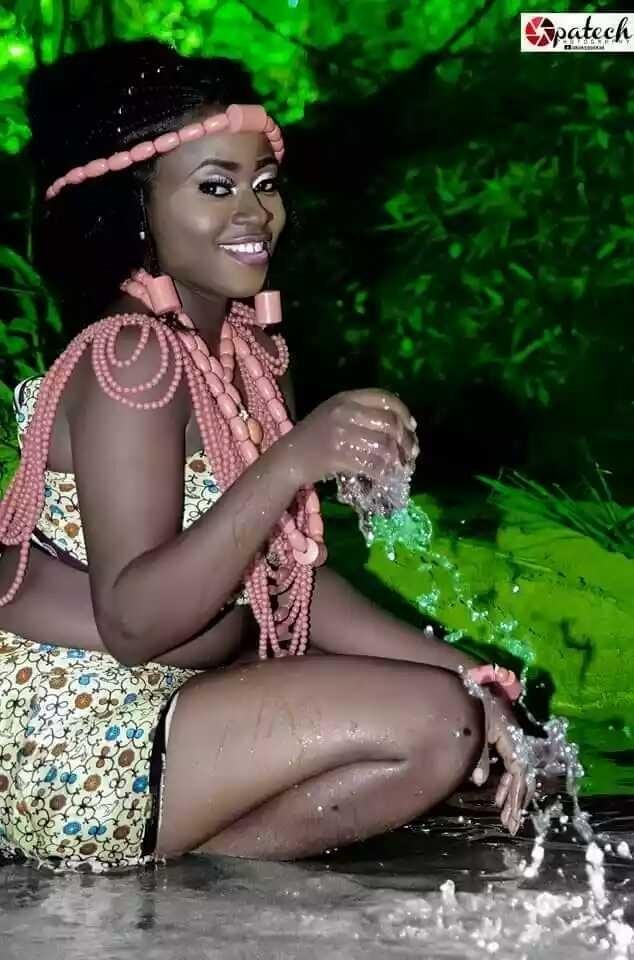
Each country has its own traditions. African culture is different from all countries in the world. It is rich and diverse because it is constantly changing from one country to another on the continent. Africa is an individual continent where you can find many cultures and traditions. That's what makes it so mesmerizing and appealing to people around the world. Their culture focuses on ethnic groups and their family traditions. African art, music and oral literature show religious and social models of their culture
Africa ~ An influx of cultures
The hominid race took about 8 to 5 million years through the African country. Many languages, religions and types of economic activities have been developed on this continent. The Arabs crossed North Africa in the seventh century. In the 19th century, the Arabs moved to East and Central Africa. In the 17th century European settlers approached the Cape of Good Hope. His descendants moved to today's South Africa. The Indians moved to Uganda, Kenya, Tanzania and South Africa.
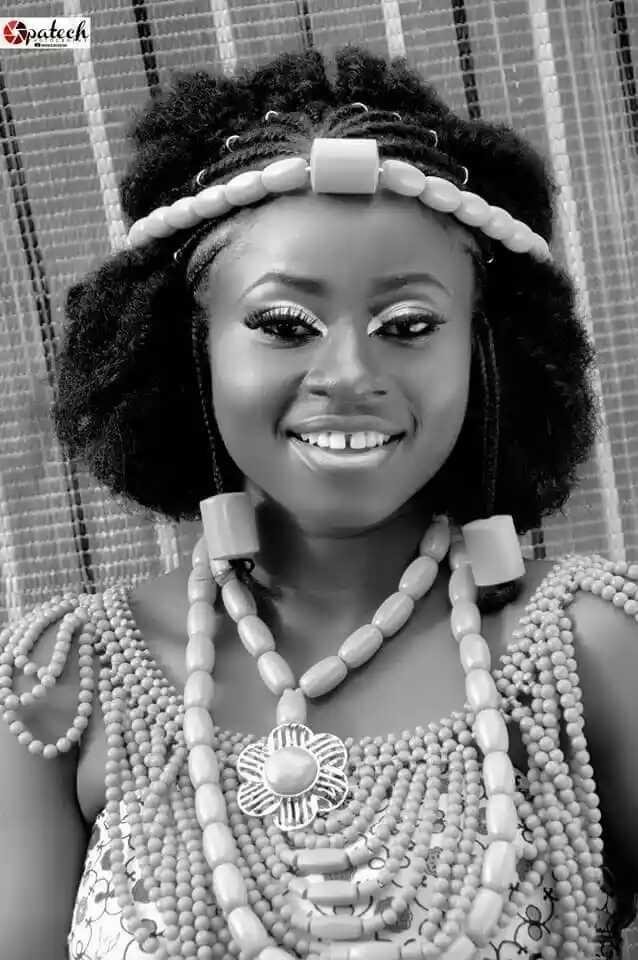
The peoples of Africa
There are many tribes, ethnic groups and communities in Africa. Some communities have a population of about several million people, while some ethnic tribes have a few hundred. Each tribe follows its own culture and tradition.
The Afar are indigenous people who live in the desert countries of Ethiopia. They follow their own culture and are nomads who live exclusively on their livestock. As you move into the central highlands of the Ethiopian Highlands, you will meet the people of Amhara. These people are farmers and have their own language. His words and words influenced the Arabic and Hebrew languages.
The Republic of Ghana is home to the Anglo-Exe people. There are six ethnic tribes in Ghana, Akan, Ashanti and Fanti, Sheep, Ga-Adangbe, Mole-Dagbani, Guan and Gurma. They practice the ritual of drum dance and have three military units whose sole purpose is to protect their African tribal culture. The Ashanti in West Africa in Central Ghana focus on spiritual and supernatural powers. Men follow polygamy as a symbol of generosity. The main spoken languages are Twi, Fante, Ga, Hausa, Dagbani, Ewe and Nzema. The official language of Ghana is English.
The Bakongo are from Congo to Angola along the Atlantic coast. These people produce cash crops like cocoa, palm oil, coffee, urea and bananas. There are many small towns that make up the entire tribal community. They are true to spiritual and ancestral cults. Bambara are the dominant group in Mali. Bambara are farmers who grow and breed cattle. The Dogon are famous farmers for their artistic designs in intricate woodcarvings and masks. They use more than 80 types of masks in their dances, depending on their celebration. Fulani tribes are also called Fulfulde or Peul. They are the largest nomad tribes in the world.
In northeastern Zambia you will meet the people of Bemba. They have strong religious beliefs that focus on the higher god of Leza. They believe that he has magical powers and controls the fertility of humans. Berber is one of the oldest tribes in Africa. They live in many African countries. They are found mainly in Algeria and Morocco. They are followers of Islam. The Akye are people who live in the south of the Ivory Coast. They believe in the Supreme God, who has different names for a particular religion. The other tribes of the Ivory Coast are Dan, Akan, Anyi, Aowin, Baule and Senoufo.
Due to the friendly people and the warm weather, Malawi is known as the "hot heart of Africa". The Malawian ethnic groups include Chewa, Nyanja, Yao, Tumbuka, Lomwe, Sena, Tonga, Ngoni, Ngonde, Asians and Europeans. The largest population includes Chewa.
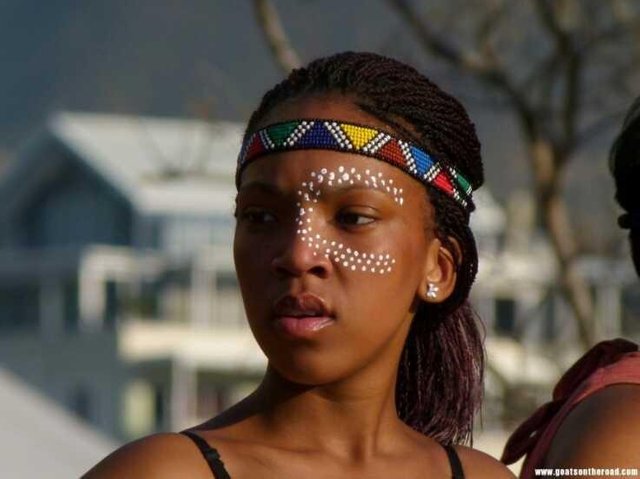
African traditions
By reading the previous sections, African culture mixes with countless tribes and ethnic groups. The influence of European and Arab cultures has also given a touch of uniqueness to African culture. The family is the most important part of every culture here.
After a unique traditional culture, the inhabitants of Lobola follow an interesting custom. The groom must pay the bride father to compensate for the "loss" of his daughter with the husband in the marriage. Traditionally, the groom had to pay for the cattle, but today the father of the bride is paid in cash. This tradition has deep reasons to unite families. It strengthens mutual respect for families and shows the father that the child can support his daughter.
In many customs, weddings take place at night under full moon. If the moon is not bright, it's bad luck. The parents of the bride do not attend the celebrations for one week because it is a sad event for them. Wedding parties are not a good event for the bride's parents. Polygamy is practiced in many African cultures. While a man can keep his wives, he can marry. Women share responsibility for housework, parenting, food preparation and so on. Polygamy aims to bring families together and help them think about the well-being of others. The protection of the family is the central value that is persecuted in African tribes. The members take care of each other, take care of themselves, hunt together and make sure that no child is left behind.
Children learn from an early age about the basic values of the tribes and the importance of the family. There are certain tasks for each member of the same age group. Everyone should work for the good of the tribe and help them to fulfill the tasks entrusted to them and to obey the sacred customs and cultures of Africa.
Maturation or rites of passage vary from strain to strain. Many tribes practice male circumcision. Some tribes also practice female circumcision. It is believed that circumcision is a ritual lasting several months and that the person does not have the right to cry or scream. When the person screams, he is considered a coward.
languages
There are more than a hundred languages and dialects spoken in Africa. The most popular languages are Arabic, Swahili and Hausa. You will find several official languages in one country. Many Africans speak Malagasy, English, Spanish, French, Bambara, Sotho, etc. There are four main language families that contribute to the diversity and unity of the character. These four language families are Afro-Asian, Niger-Kordofan, Nilo-Saharan and Khoisan.
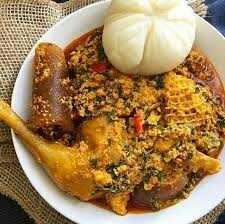
Food
Food and drinks still reflect the diversity and colonial traditions. African cuisine includes traditional fruits and vegetables, meat and dairy products. A simple diet in the village includes milk, yogurt and buttermilk. Yucca and yam are the tubers that are seen in most diets. The Mediterranean cuisine from Morocco to Egypt is completely different than the cuisine of the Sahara. Nigerians and West Africans are lovers of peppers and the non-Muslim population includes alcoholic beverages in their diet. Tej is the famous Ethiopian honey wine, a popular alcoholic beverage in the heart of Africa.
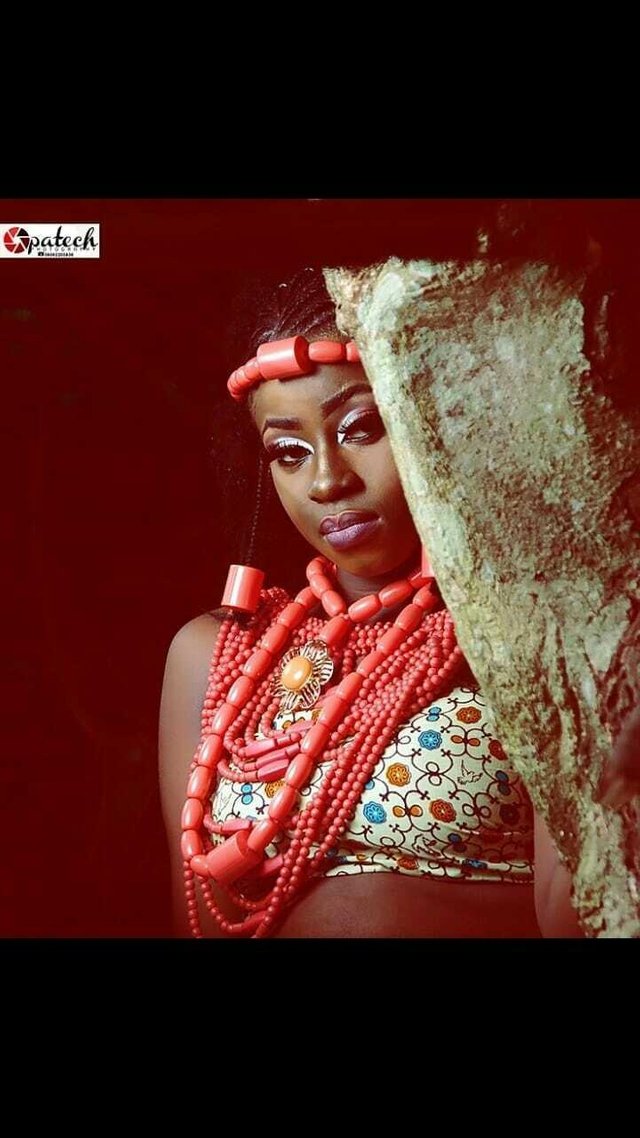
Africa is a big continent with many countries and each country with different people following unique traditions. Not only are you lost in the African desert, you are completely lost in their rich traditions. When visiting Africa, be sure to be open and, above all, open. You will return with a piece of Africa that lives forever in your heart. You can find much more interesting information about their culture on the Internet. Africa is a living encyclopedia for those who want to know more about our beautiful planet.
It is very much interesting to know you and your country. I am not sure but India is also same means there are different language food etc.... One day I will fly to africa !!😊
You are welcome to Africa and you will never regret coming
Hello! I find your post valuable for the wafrica community! Thanks for the great post! @wafrica is now following you! ALWAYs follow @wafrica and use the wafrica tag!